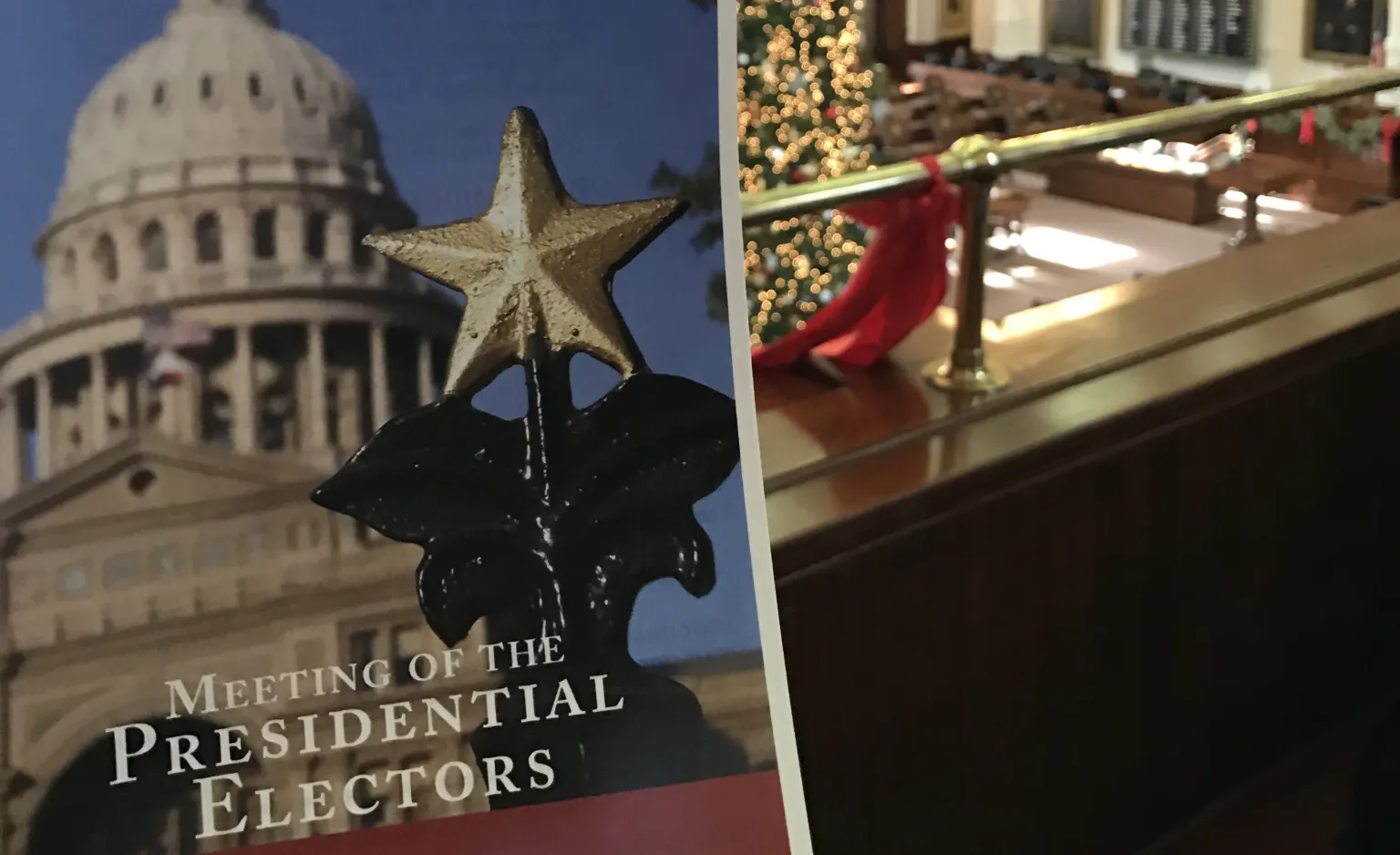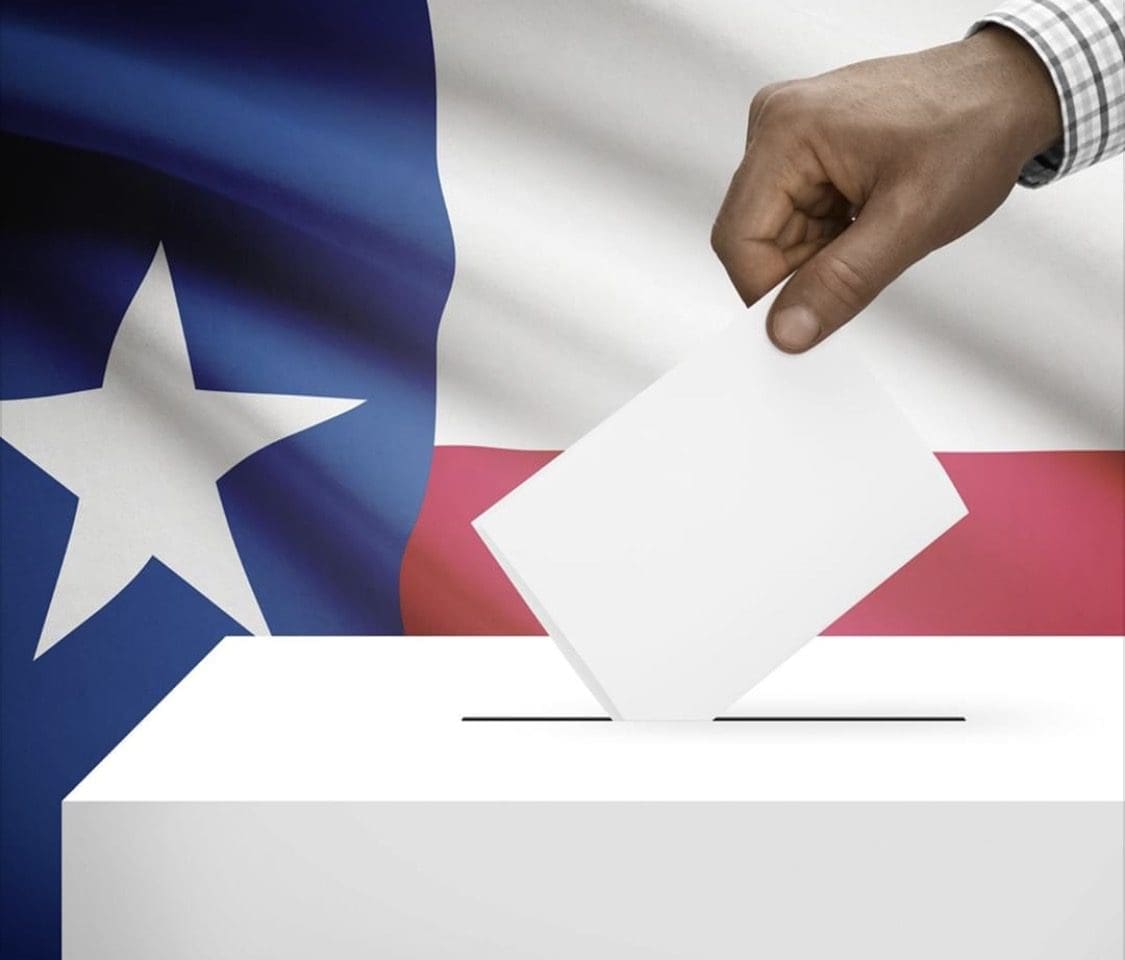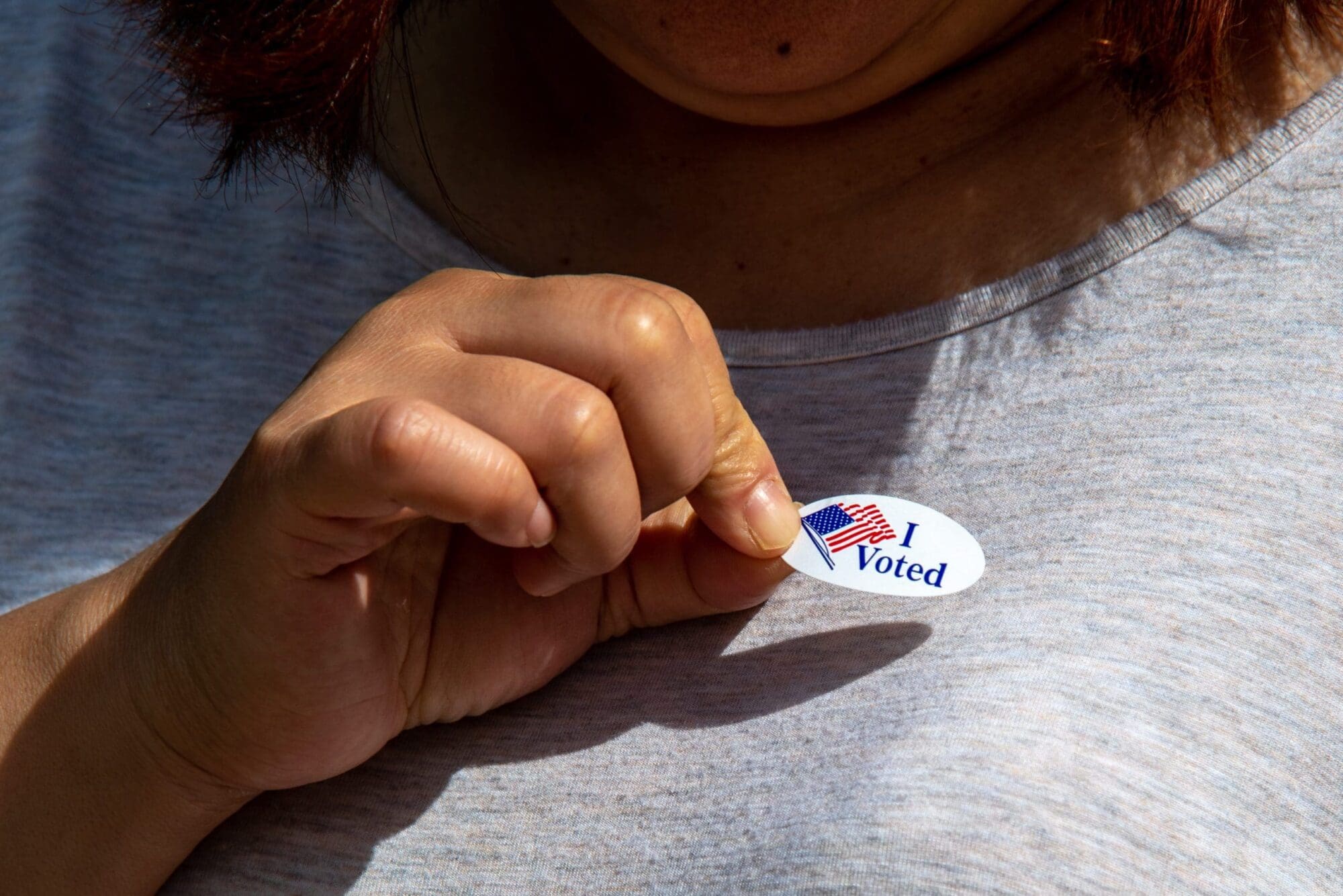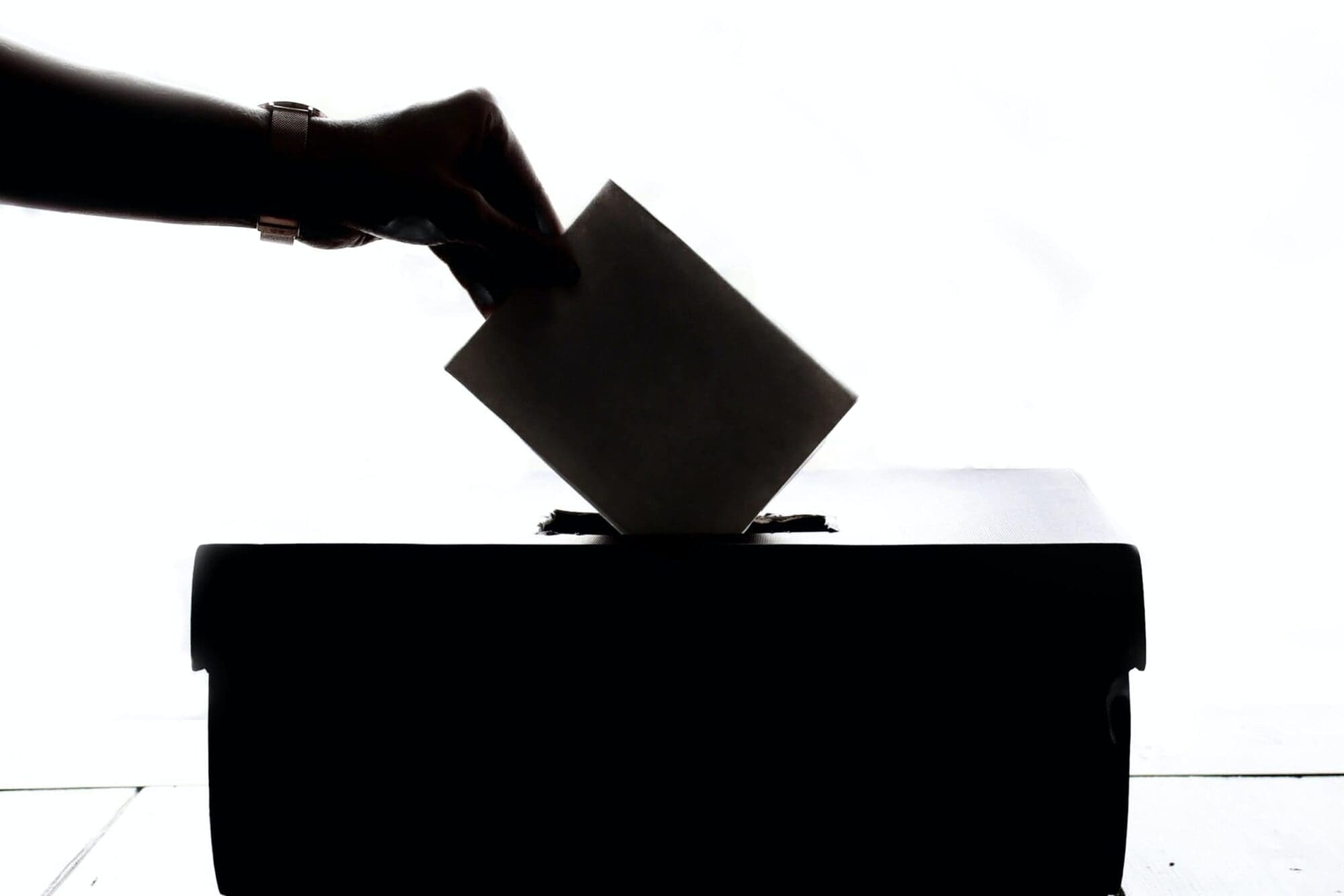Everything is bigger in Texas, and this year’s Electoral College is no exception.
The largest body of Texas presidential electors will gather on the House floor at the State Capitol on Tuesday, December 17, at 2:00 p.m. and cast its 40 votes for President Donald J. Trump and Vice President J. D. Vance.
The first 38 electors for the Republican Party appear in the order of their congressional districts. The last two are “at large” electors representing the state’s two U.S. senators.
This college is defined as “an organized group of professional people with particular aims, duties, and privileges.”
Indeed, the electors consider it a huge privilege.
“There’s over 29 million people in the state of Texas. I’m one of forty [electors], so that’s a huge honor to have that and be able to have that experience,” said Kyle Sinclair, the presidential elector for Congressional District 20.
“This is the election of my lifetime, and to actually be a part of the Electoral College and cast that vote, to be a part of the National Archives from now until the end of time, it’s quite the honor,” said Devvie Duke, the presidential elector for Congressional District 17.
Although their two districts aren’t new, two new congressional districts in Harris and Travis County will join them, as Texas gained two more electoral votes after the 2020 U.S. Census.
However, these changes did not impact the 2020 election; redistricting was completed in 2021 and went into effect in 2022.
Texas is a winner-take-all state. Trump won Texas by nearly 6.4 million votes—the most of any candidate in presidential election history—and 242 of 254 counties, including traditionally Democrat border counties. Vice President Kamala Harris received just over 4.8 million votes—425,000 fewer than President Joe Biden in 2020—and won only 12 counties.
“Texas is a solidly Trump area,” said Duke. “I think that’s why it’s been so smooth.”
But it wasn’t in 2016.
Then, President-elect Donald Trump lost two electoral votes due to faithless electors from Texas: Bill Greene, who voted for Ron Paul, and Christopher Suprun, who voted for John Kasich.
Even then, electors had to sign an Oath of Elector, but nothing legally bound them.
In response, Texas passed a law in 2023 to void the votes of any “faithless electors” who, until then, could cast their votes however they wanted.
Sinclair and Duke assured Texas Scorecard that they have no plans to defect and have not received pressure or threats regarding their votes.
Furthermore, they said the Republican Party would likely censure them if they defected, which would undo years of hard work and dedication with no upside.
“You have to have the confidence of the people in your congressional district to win an election,” explained Duke. “They gauge you on your trustworthiness, your history, and what you have done to help the party to that point.”
As an SREC Election Integrity Committee member, former president of the McLennan County Republican Women’s Association, former vice president of the McLennan County Republicans, and House District 56 primary candidate, Duke remains a party activist.
In fact, she was so busy helping Debbie Georgatos win RNC Committeewoman for Texas that Duke said she had only considered the elector position the night before. She decided to announce it on the morning of the vote.
Sinclair, the Bexar County GOP vice president, former Republican nominee for U.S. representative of Congressional District 20 in the 2022 general election, and chairman of the CD 20 caucus, also spent nothing on campaigning, aside from the cost of attending the Republican State Convention in his hometown of San Antonio.
“I got involved in the party, then I got involved in the clubs, and then I ran for Congress myself,” said Sinclair. “I got heavily involved on many fronts: local issues, state issues, federal issues, and then for me it was just a once-in-a-lifetime type thing to be able to be a presidential elector in a monumental election.”
He easily won 68 percent of his CD caucus vote.
Both said that interested potential electors should not let concerns of costs as an elector deter them from running. The State of Texas reimburses electors for mileage, meals, and travel to help keep the costs minimal and stress low.
Electors receive invitations and a frequently asked questions list to make their experience smooth and memorable. Two guests may join them and attend a dinner sponsored by President Trump the night before, as well as breakfast and lunch on the day of the vote. After casting votes, electors may mingle, take photos, and tour the Capitol.
Sinclair said he plans to attend the inauguration in Washington, D.C. after the event.
To those who are thinking of running, both gave advice.
“Just start,” said Sinclair to aspiring electors. “I went from four years ago voting in an election to four years later now being one of forty, out of 29 million, as a presidential elector, with everything from my involvement as a vice chair to running for U.S. Congress. If you have a desire […] get involved, stay involved and stand firm with courageous integrity and fight for the issue at your heart.”
“I would encourage anybody who’s been working … hard towards conservative causes to consider running,” Duke said. “If they don’t have a name, they’re going to have to get their name out.”
Both said future aspiring electors must attend the Republican State Convention and congressional district caucuses to be eligible.
However, aspiring electors may not have much time to run, as the idea of dismantling the Electoral College has become increasingly popular due to left-wing media.
According to Pew Research, nearly two-thirds of Americans favor replacing the Electoral College with the popular vote, and 15 Democrat-controlled states have passed the National Popular Vote Bill.
Duke believes this is due to a need for more education on the subject.
“It allows involvement across the whole United States and not just in pockets of huge populations. It’s important to involve having people from all parts of the country, and I think it’s brilliant how they laid out the Electoral College actually, to execute that kind of a plan,” said Duke. “I don’t think it’s outdated at all. We need to strengthen it; we need to make sure that people understand the Electoral College.”
Trump’s wide margin in the popular vote may have undermined the left’s call to dismantle the Electoral College for now.
Until then, Texans may watch the live ceremony from the Capitol Channel and have confidence that their electors will deliver on Tuesday.
No ads. No paywalls. No government grants. No corporate masters.
Just real news for real Texans.
Support Texas Scorecard to keep it that way!





